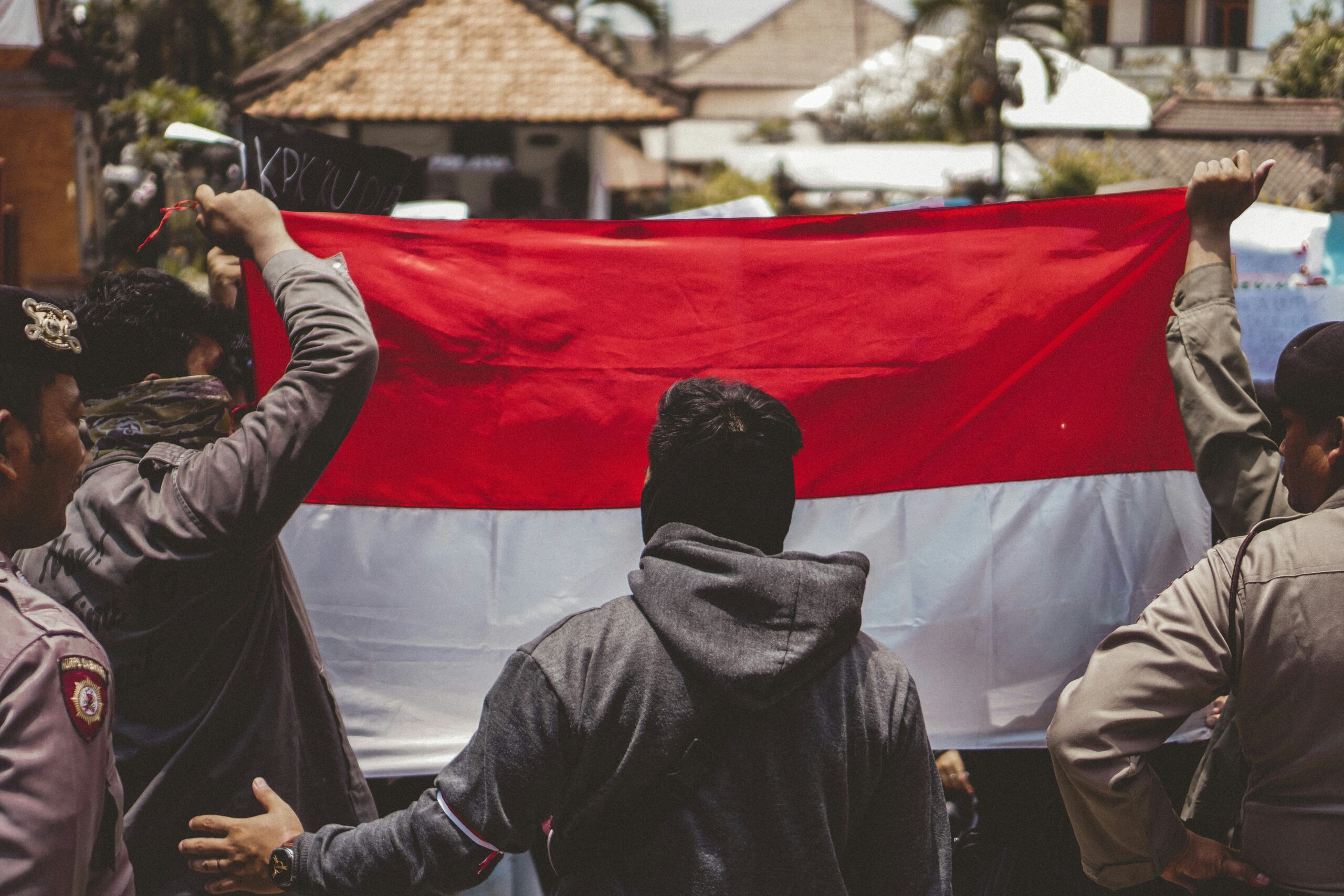Barely a month ago, the nation of Indonesia was scarred by a massive wave of unrest, with thousands taking to the streets to protest the perceived extravagance of political elites amidst widespread economic hardship. Ten people died. Over five thousand were arrested. The protests were a raw, visceral rejection of the perks enjoyed by lawmakers including a controversial housing allowance that was subsequently rolled back to “assuage public anger.”
Yet, in a typical display of political deafness, the House of Representatives (DPR) has now nearly doubled a different, but equally massive, benefit: the “recess allowance.” Each of Indonesia’s 580 parliamentarians will now receive a staggering 700 million rupiah ($42,200) per recess, up from 400 million rupiah. Considering lawmakers take approximately five breaks per year, this translates to an annual expenditure of nearly $122 million of taxpayer money purely for out-of-session work.
Watchdog groups like Formappi were right to call this a “prank” on the public. A concession was made only to be immediately circumvented by an even more lucrative payout. The main issue here is not the amount of the perk, but the lack of public empathy and transparent justification for it.

Deputy Speaker Sufmi Dasco Ahmad’s defense that the increase is merely a policy review based on rising staple food and transportation costs since 2019 falls flat on its face. While inflation is a reality, this justification is deeply insensitive when Indonesia’s average national monthly income is a fraction of the allowance, and many workers are struggling with stagnant wages and mass layoffs.
The truth is, an increase of this magnitude, decided by the House secretariat and the finance ministry in relative obscurity, completely undermines the government’s own calls for fiscal discipline and efficiency. It also signals to the public that while austerity measures are necessary for the national budget, they do not apply to the privileged few who control the purse strings. The moral justification for paying politicians lavishly is contingent on their performance, and with recent surveys often ranking the DPR as one of the least trusted institutions, voters struggle to see a return on this colossal investment.
Why It Matters
The protests in August were about more than just a housing perk; they were a demand for accountability and equitable spending. The legislative body has responded with a policy that not only disregards that demand but actively mocks it, risking further erosion of public trust in Indonesian democracy.

















